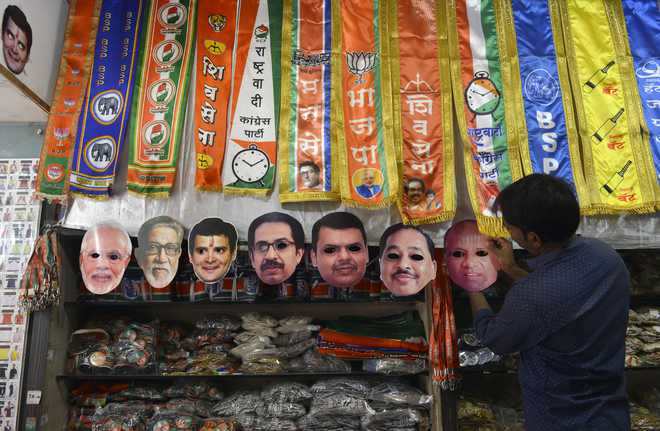
The Supreme Court’s refusal to stay electoral bonds in the midst of the Lok Sabha polls is understandable as it wanted to ‘ensure that any interim arrangement that may be made would not tilt the balance in favour of either of the parties’. One would also agree with the court’s argument that ‘rival contentions give rise to weighty issues which have a tremendous bearing on the sanctity of the electoral process’. But asking parties to submit details of funds received through these bonds to the Election Commission in a sealed cover doesn’t really serve any purpose, for it fails to bring about a positive change. In any case, the bond details were available with the SBI, and the court could have sought the information as and when needed.
It is not about who holds the information in a sealed cover, but whether the information is being made public for a democratic scrutiny to ensure transparency. The misuse of money and muscle power has been the bane of our elections. An electoral bond is a bearer instrument that can be bought by an Indian citizen, or an Indian company whose identity would remain secret from everybody, barring the SBI, from where it is purchased. The buyer can give it to any party that can encash it using its account. It was introduced through the Finance Act, 2017, which made amendments to several statutes, including the RBI Act, Representation of the People Act, Income Tax Act and Companies Act.
The Attorney General’s argument that it eliminates black money as it ensures funding through banking channels is facile. His attempt to defend the ‘anonymity’ of the process defies logic. Unless one knows who has paid how much to which party, how would one rule out quid pro quo? The entire political class, except the CPM, is unwilling to change this opaque system. Be it declaration of assets, liabilities, educational qualifications and criminal antecedents or immediate disqualification of lawmakers on conviction or NOTA, the apex court has been instrumental in all poll reforms over the past two decades. Let transparency in electoral bonds be the next one.



























